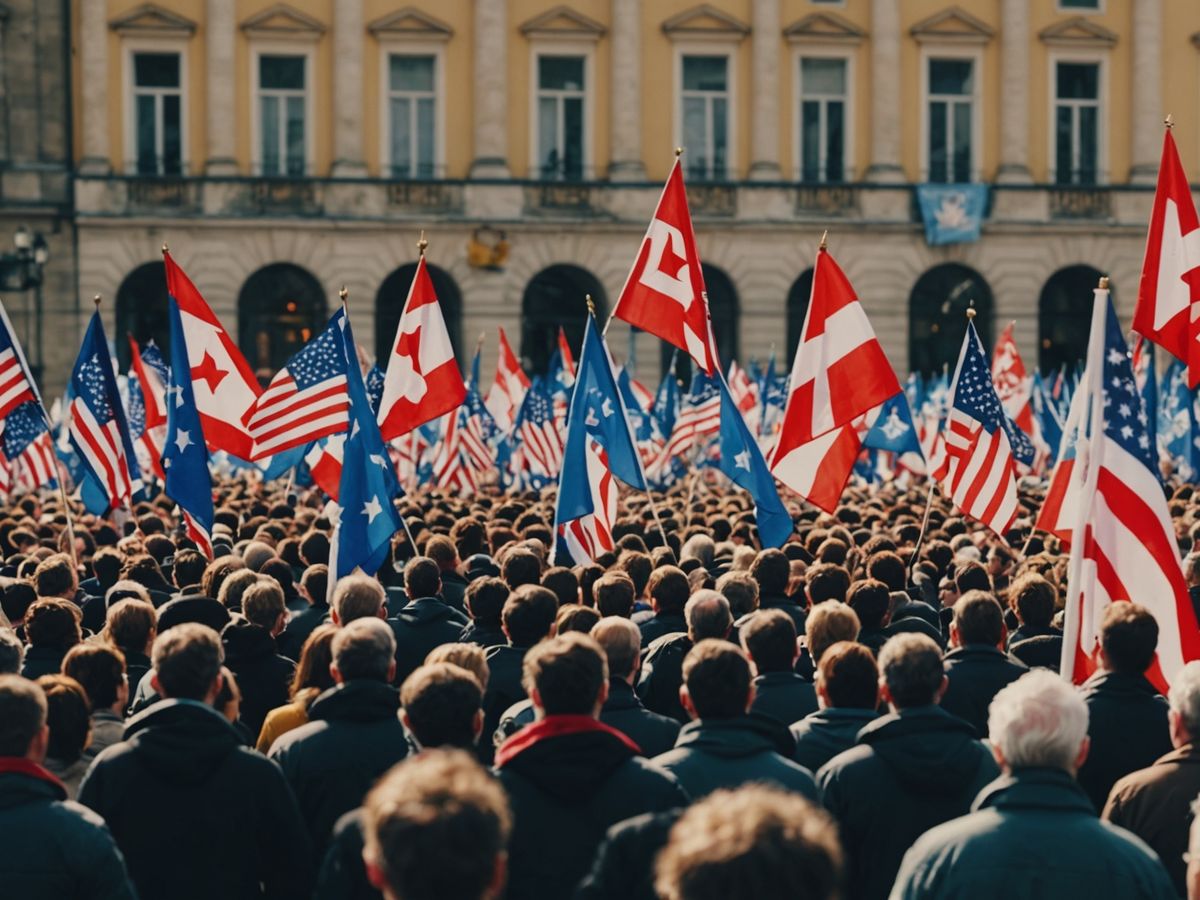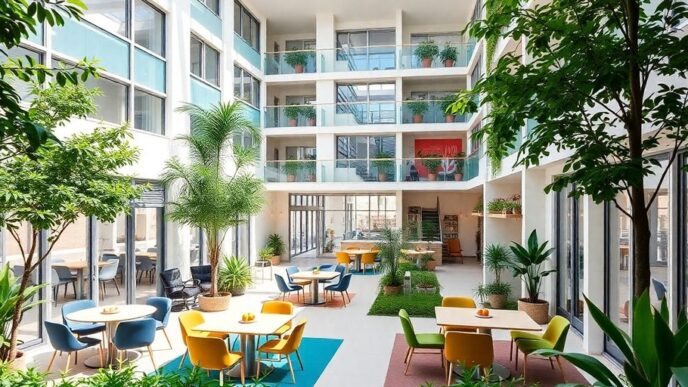Portugal’s recent election has resulted in a tight race between the center-right Democratic Alliance and the center-left Socialist Party. With nearly all votes counted, the two parties are virtually tied, while the far-right Chega party has made significant gains.
Key Takeaways
- The center-right Democratic Alliance leads with 28.67% of the vote.
- The center-left Socialist Party is close behind with 28.66%.
- The far-right Chega party has surged to 18.05%, up from 7% in the last election.
- Voter turnout is estimated between 62% and 68%, significantly higher than the 51.46% in 2022.
- Corruption scandals have tarnished both major parties, contributing to voter dissatisfaction.
Election Results
With 98.94% of the votes counted, the center-right Democratic Alliance, led by the Social Democratic Party, holds a slight lead with 28.67%. The center-left Socialist Party is just behind with 28.66%. The far-right Chega party has surged to 18.05%, a significant increase from its 7% share in the 2022 election.
Political Reactions
André Ventura, leader of the far-right Chega party, celebrated the results, calling it a historic achievement. He suggested that the Portuguese electorate favors a two-party government consisting of Chega and the Democratic Alliance.
Exit Polls and Turnout
An exit poll conducted by the Catholic University and RTP had earlier predicted a lead for the center-right Democratic Alliance, with the far-right Chega party expected to gain 14%-17% of the vote. The poll also estimated voter turnout to be between 62% and 68%, a significant increase from the 51.46% turnout in the 2022 general election.
Corruption Scandals and Public Discontent
Both the center-left Socialist Party and the center-right Social Democratic Party have been marred by recent corruption scandals. Public frustration has been fueled by low wages, high living costs, a housing crisis, and issues in public healthcare. These factors have contributed to the rise of the far-right Chega party.
The Far-Right Factor
The far-right Chega party has seen a significant increase in support, potentially positioning itself as a kingmaker in the formation of a new government. Party leader André Ventura has gained popularity by addressing public dissatisfaction and leveraging social media. Chega’s controversial proposals, such as chemical castration for sex offenders and life prison sentences, may be softened to facilitate coalition talks.
Presidential Appeal
Portuguese President Marcelo Rebelo de Sousa urged citizens to vote, emphasizing the importance of participation in uncertain times. He highlighted global issues such as the war in Ukraine, conflicts in the Middle East, and upcoming elections in the European Parliament and the United States as factors that could impact Portugal’s economic stability.
Economic Concerns
Voters have expressed alarm over Portugal’s living standards amid financial pressures. Rising house prices, low wages, and a struggling healthcare system have been major concerns. The average monthly wage in Portugal is around 1,500 euros, barely enough to cover rent in cities like Lisbon. The number of people without an assigned family doctor has also reached a record high.
As the final results are awaited, Portugal stands at a political crossroads, with the potential for significant shifts in its governance and policy direction.













